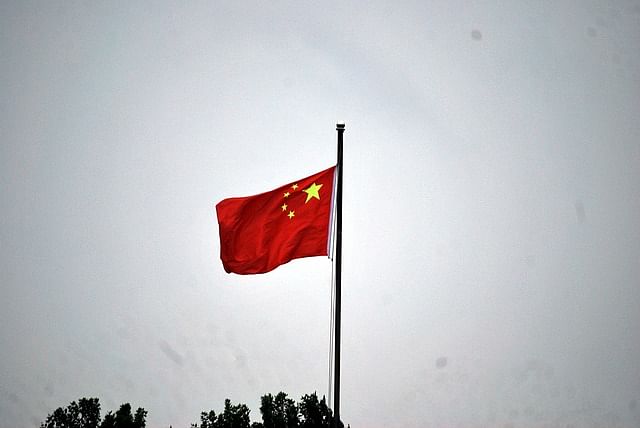Forty years ago, Chinese leader Deng Xiao Ping changed the course of China’s economic and ideological direction from a tight-knit nationalised planned economy, in the grip of orthodox Marxist-Leninist ideology, to a free enterprise economy and named this process ‘Socialism with Chinese characteristics’.
New free economic zones sprung up in Shen Chen on the east bank of the Pearl River on the central coast of the southern province of Guangdong bordering Hong Kong.
Ping offered China’s cheap labour and land to western business including multinationals. The deal was that after 25 years the factories and the technology will be transferred to China. Meanwhile, there would be a partnership based on 49% ownership rights for the foreign company and 51% for that of China. It worked.
As the western corporations rushed to mainland China to benefit from the opportunity to speed up their rates of profits, China on the other hand benefited from the western technology that was unavailable to the country since the communists took power in 1949. It was a win-win for two estrange economic models based on diagonally opposite ideologies of dictatorship and democracy.
However, it seems that nothing has prepared China for encountering the boom and burst cycle that is inherent to all market based economies.
The recent revelation published in the Financial Times (FT) (July 19) regarding China’s largest property developer Evergrande, which has posted losses of $81 billion is telling the world something about the magnitude of the economic default of 2021 that sparked the property sector crisis in China.
The problem with China is that one never gets the whole picture until it explodes right in the face of the global financial order. This is because what FT contributor Thomas Hale calls, ‘a lack of disclosure and opaque discussions with its creditors’.1
The total liabilities of Evergrande in 2021, writes Hale, which were measured about $300 billion at the time of its failure, rose to $340 by the end of last year.
The current post-COVID pandemic scenario that is driving Chinese economy towards a possible bust has two aspects. One is national and the other international. They now both are acting upon each other in a downwards spiralling. During the pandemic Chinese electronics sales went up due to large number of online shoppers turning to working from home in Europe and the US.
As Europe grapples with the economic hardships caused by the war in Ukraine and sluggish post-pandemic growth consumer demand for electronic based commodities have seen a sharp decline in the US and EU. This is happening for two reasons. Firstly, the western central banks have raised interest rates to counter inflation that has had an adverse effect on consumers buying power.
This led to a decline in China’s export. Richard Chan, managing director of China based Golden Arts Gifts & Décor told the FT (July 19) that his company’s 80% products depend on exports to the US and Europe. In recent months he claims that his company has seen a drop of 30% in his orders compared to last year.
The second reason for China’s economic woes stems from its handling of domestic of real estate business and a shrinking manufacturing sector.
In an article co-authored by Joe Leahy, Sun Yu and Chan Ho-him published in FT on July 19 they quote a Wuhan real estate expert claiming, ‘developers do not want to invest and consumers do not want to buy, particularly after the bankruptcy of one of the country’s biggest and most indebted groups (Evergrande)’.
House prices continue to decline in China and even this is not enough to persuade real estate investors to buy as consumer confidence seems shaken to the core.
Currently the unemployment rate among those between the ages of 16 and 24 in China is reported to be 21.3%, which is a staggering number for any country.
As China’s exports continue to stumble due to the rising inflation in US and Europe an early revival of the Chinese economy, which at one point was in double digits looks like a far-fetched hope.
Chinese economy which sit on an $18 trillion economy might soon run out steam and options if US and European economies do not recover sooner than later, and provide a much needed credit line to an economy that is export driven.
After all, even 40 years of experiment with capitalism under the guise of ‘socialism with Chinese characters’ but copying Milton Friedman’s free enterprise doctrine in essence, China finally seems to be heading in the direction where it will have its fist taste of the boom and bust cycle.
Dr Amjad Ayub Mirza is an author and a human rights activist from Mirpur in PoJK. He currently lives in exile in the UK.
Disclaimer: The views and opinions expressed in this article are the personal opinions of the author. The facts, analysis, assumptions and perspective appearing in the article do not reflect the views of GK.






